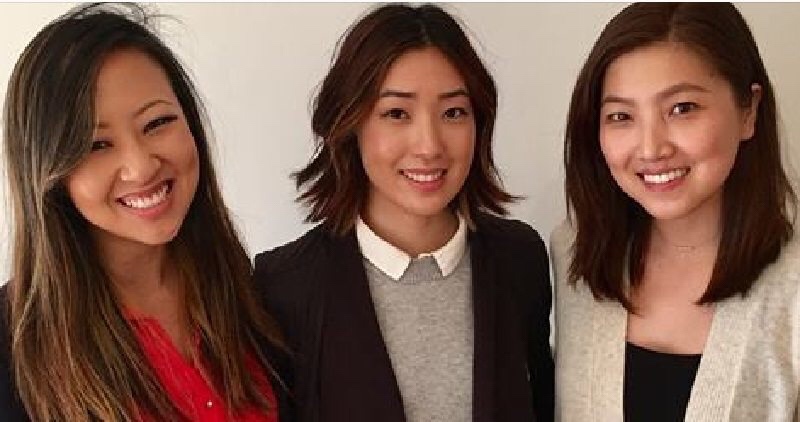
By Guest Contributor: Tiffany J. Huang (@tiffjhuang)
In recent weeks, a cascade of sexual harassment accusations against powerful men has reached seemingly every corner of the public sphere. But this outpouring of stories about workplace sexual harassment isn’t new. In 2012, one workplace harassment case, brought forth by an Asian American woman working in venture capital, inspired scores of women to step forward with their own stories of sexual harassment in the workplace. Yet these stories, often told by other Asian American women, have not entered the national conversation about workplace sexual harassment with anything resembling the level of attention now being granted to the issue.
In 2012, Ellen Pao sued the venture capital firm Kleiner Perkins, where she was a junior partner and chief of staff to managing partner John Doerr. Pao has described rampant sexual harassment, experiences of retaliation, and a hostile working environment at the firm. Although Pao eventually lost her case, she did inspire many other Asian-American women to speak out about their own experiences of workplace harassment – so much so that the phenomenon came to be known as “the Pao effect”. These women often described situations in which both gender and race played a role, such as being sexually propositioned at work, or noticing that male colleagues appeared to specifically target Asian women as objects of sexual harassment. Nevertheless, even as tales of sexual harassment have piled up in recent weeks, the role of racial stereotyping has scarcely been mentioned – despite its relevance.
Lawyer Sumi K. Cho has argued that a combination of racial and sexual stereotypes makes Asian American women particularly vulnerable to sexual harassment. Where did these stereotypes come from? In the 1800s and early 1900s, Asian immigration to the United States was largely limited to Asian men who could provide cheap labor. Few Asian women were legally permitted to immigrate to the United States during this period. Those who were often worked as indentured servants or prostitutes, allowed to enter the country partly to meet the sexual demands of the western United States’ male-heavy population. Though these workers were indeed relatively few in number, newspapers and moralist crusaders nevertheless stereotyped Asian women in highly sexualized ways – which, ironically, only gave anti-immigrant politicians further reason to bar their entry.
Today, media portrayals of Asian American women continue to paint us as simultaneously hyper-sexualized, yet meek and submissive. These images set Asian-American women up as targets for workplace sexual harassment – as the Pao effect showed. Not only that, these stereotypes mean that we are often expected to not speak up or fight back about workplace harassment or discrimination.
At the same time, it is easy to ignore the difficulties endured by professional Asian American women, particularly in the face of popular perceptions that Asian Americans constitute a highly competent and successful “model minority” in the United States. In reality, however, college-educated Asian American women earn less money and are more likely to be unemployed, compared to their white counterparts. And although Asian American women are indeed well-represented in many industries, they are often the least likely to advance into executive or leadership positions.
Not only is the “model minority” myth often untrue, white Americans who nevertheless believe in it are more likely to hold anti-Asian attitudes. And if we believe the myth that Asian American women are indeed a “model minority”, not only might they be more reluctant to come forward with their experiences of harassment and discrimination – when they do, we might also be less willing to take their allegations seriously.
The recent outpouring of stories about workplace-related sexual harassment has shown us that we need to take all women’s voices seriously. For example, commentators have pointed out that, in addition to the stories of women in high-powered industries, such as Hollywood, news media, and tech, we must also pay attention to women’s experiences in more blue collar occupations. The stories of women of color, racialized as minorities and sexualized as women, are too often dismissed. We should be sure to hear and believe them, too.
Tiffany J. Huang is a PhD student in Sociology at Columbia University, where she studies racial and ethnic inequality. Follow her on Twitter at @tiffjhuang.
Learn more about Reappropriate’s guest contributor program and submit your own writing here.
